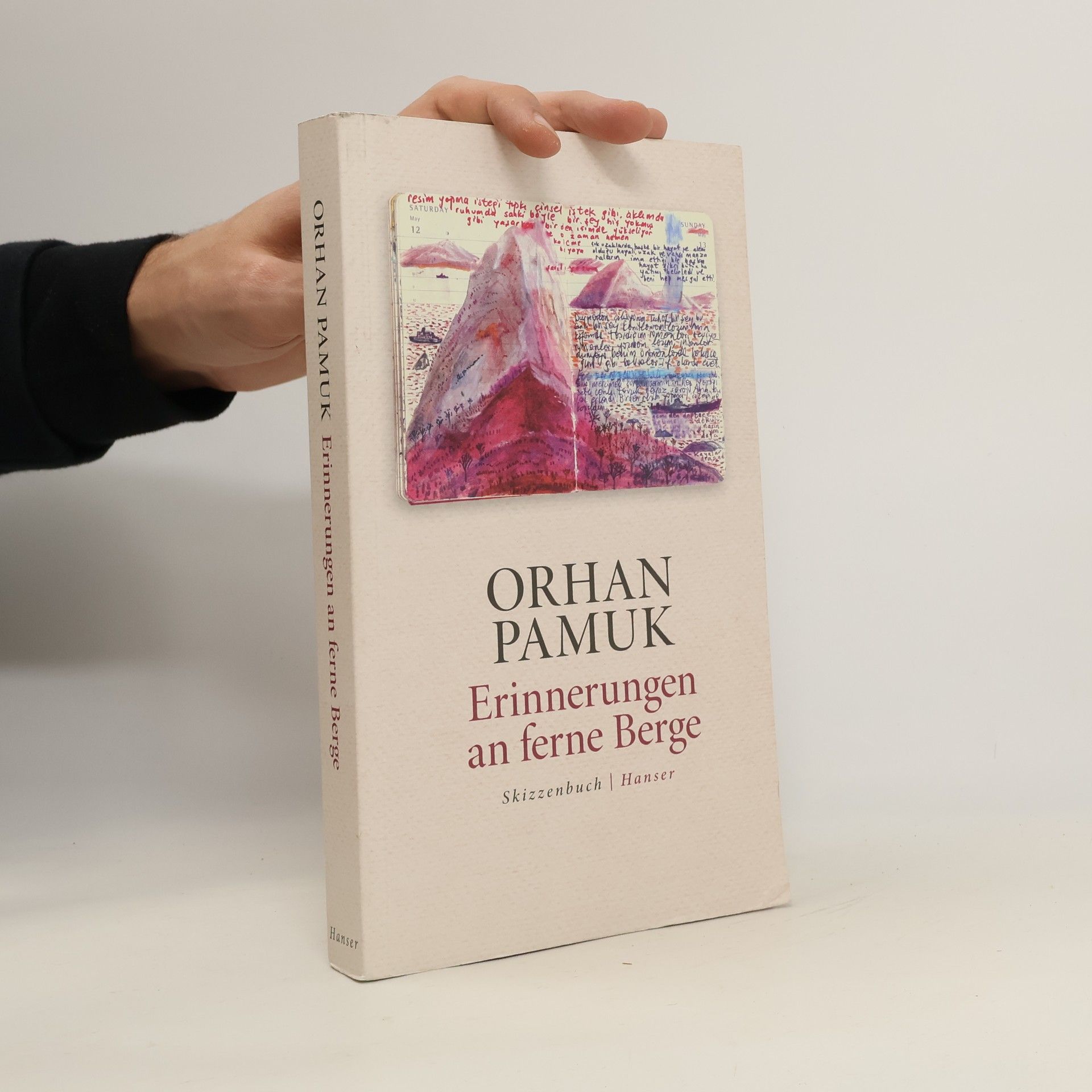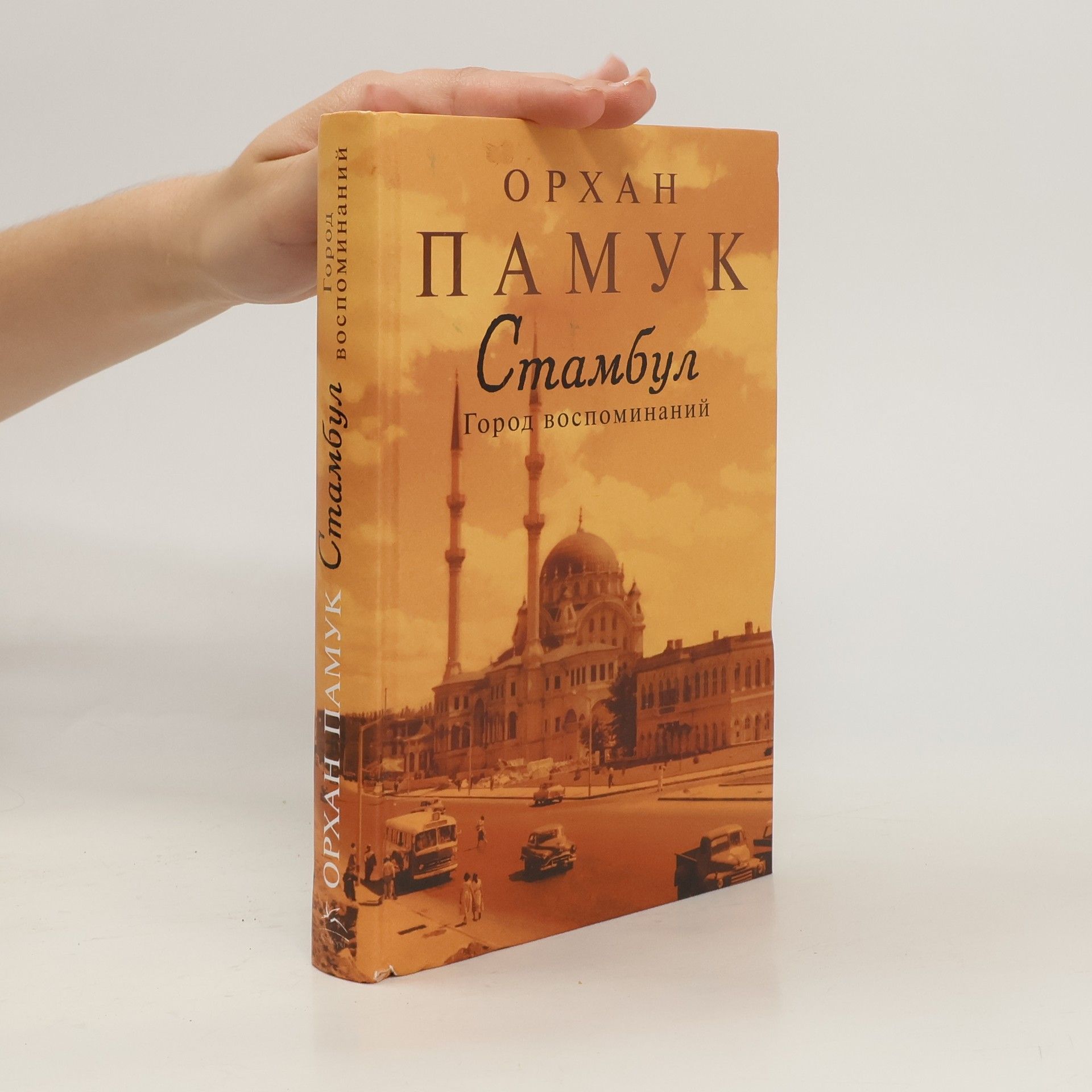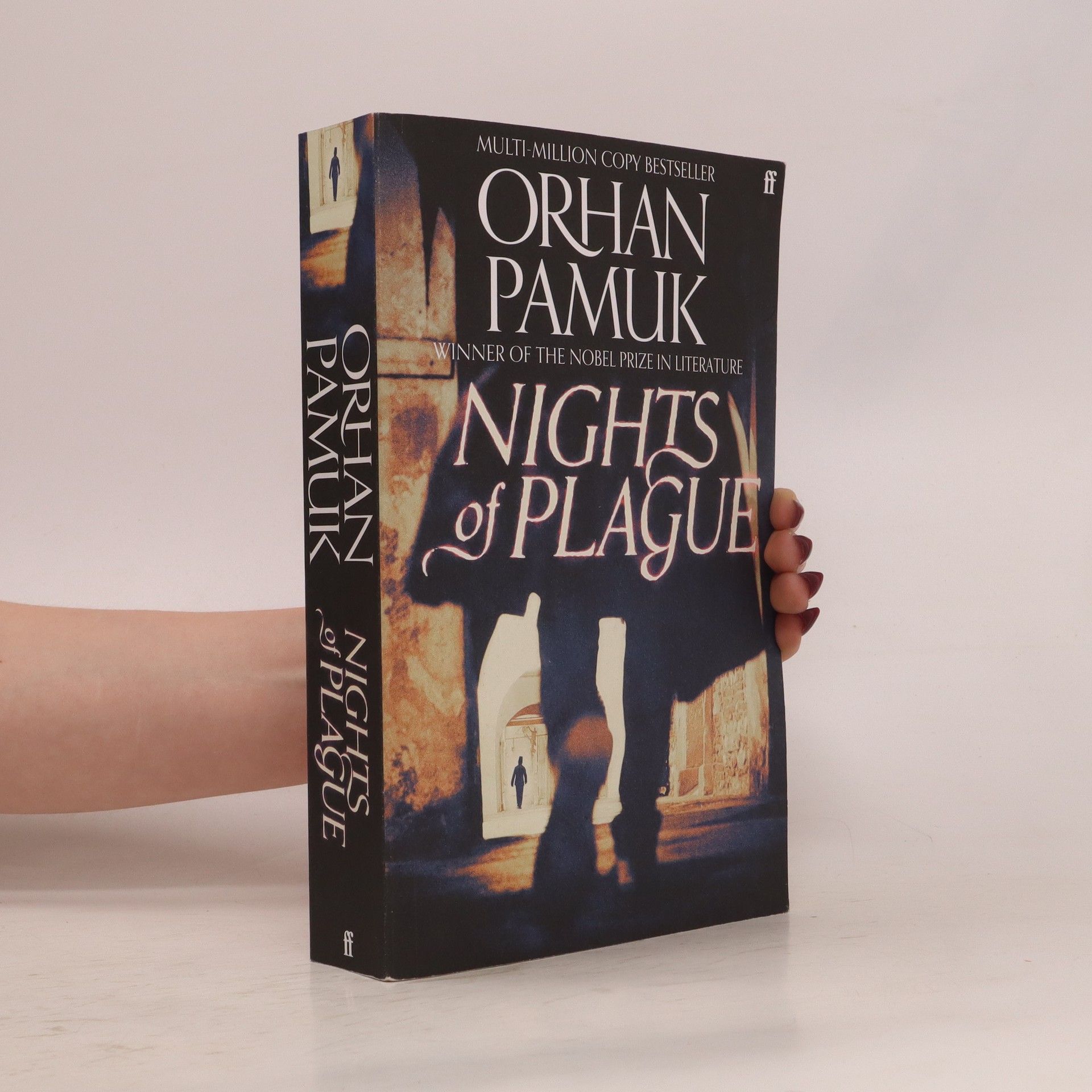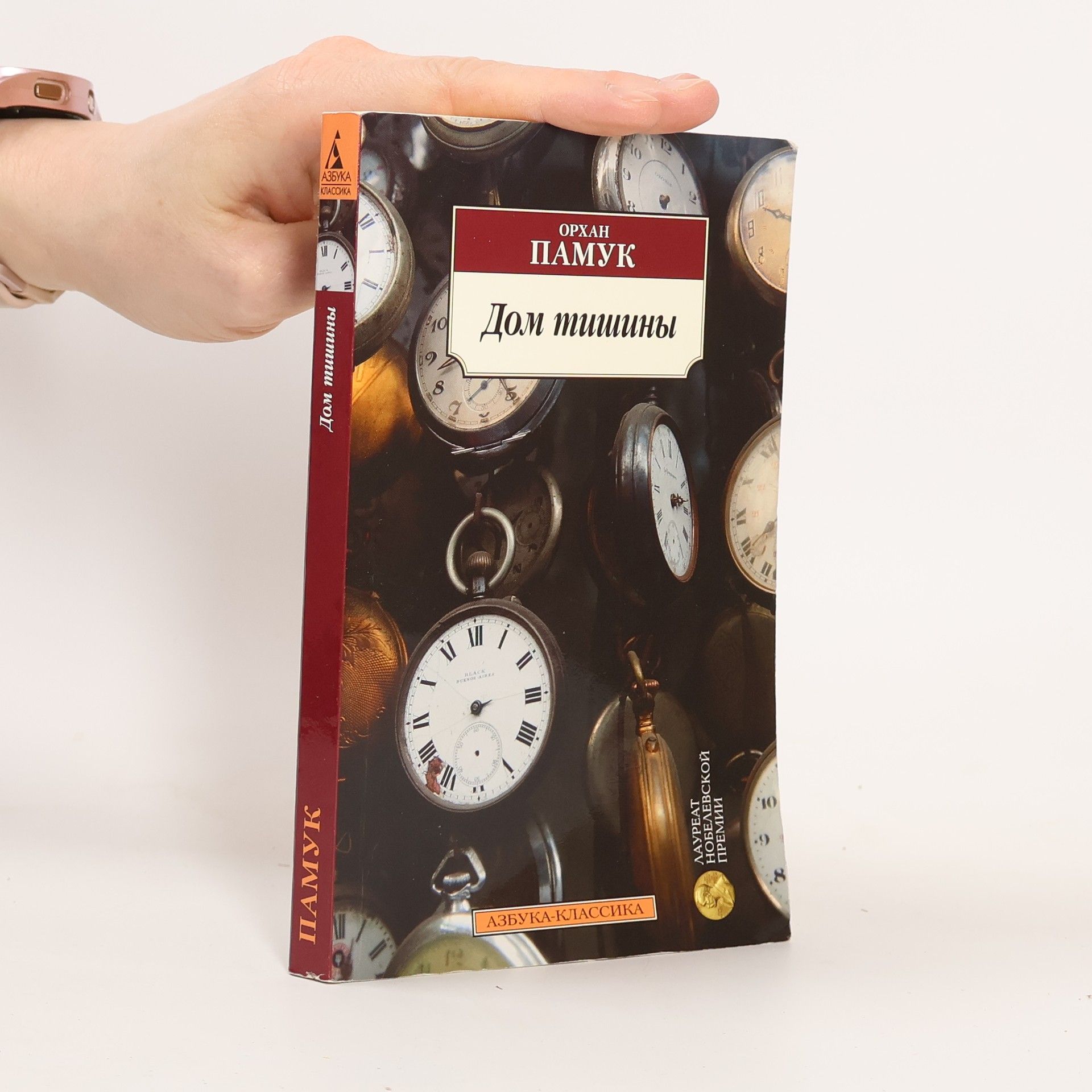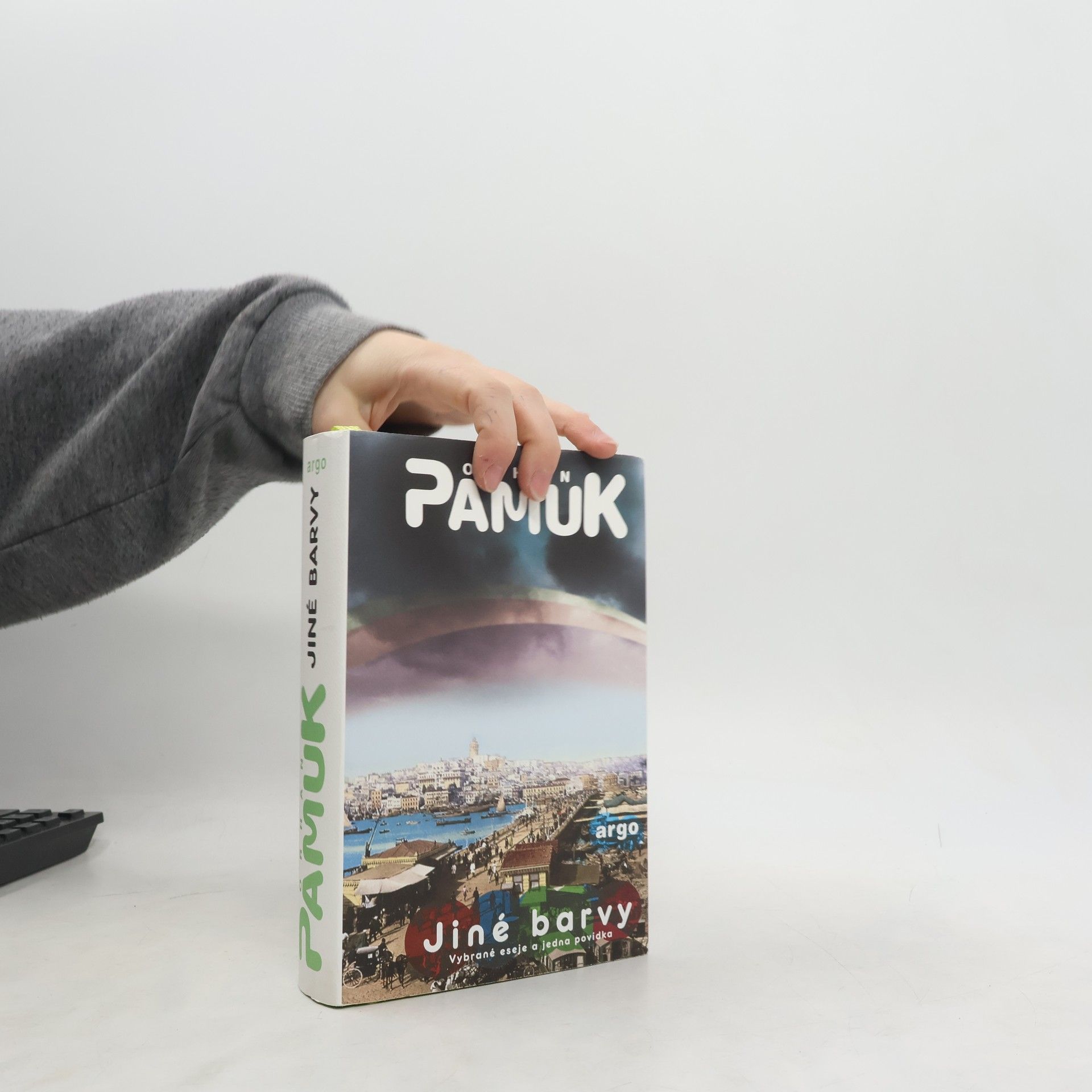Orhan Pamuk's reflections span fourteen years, blending his daily thoughts with personal illustrations. This collection reveals his journeys, family influences, and the intricacies of his bond with Turkey, offering insights into the inspirations behind his novels. Alongside his writings, vibrant paintings showcase the landscapes that fuel his creativity. This volume serves as a captivating exploration of Pamuk's inner world, inviting readers to engage with the art, culture, and political nuances that have influenced his literary voice.
Orhan Pamuk Book order (chronological)
Orhan Pamuk is celebrated as a storyteller of Istanbul, a city that shaped his early writing and inspired his later autobiographical essays. His work frequently delves into complex themes of identity, the intersection of Western and Eastern cultures, and cultural clashes, all woven through compelling narratives. Pamuk's style is noted for its experimental nature, profound character psychology, and masterful depiction of Turkey's past and present. His literary significance lies in his ability to connect personal experience with universal human truths, offering readers a unique perspective on the intricacies of modern life.

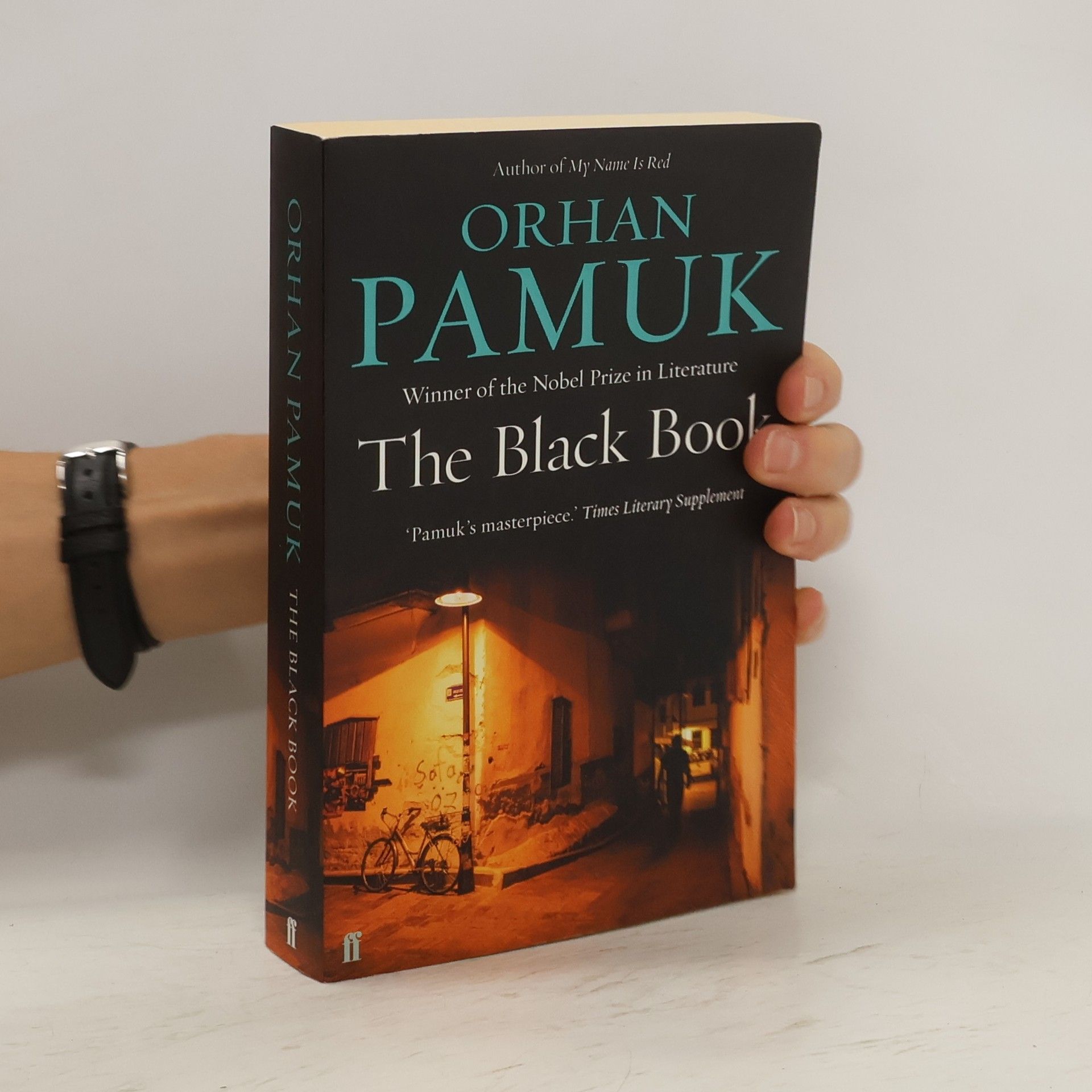
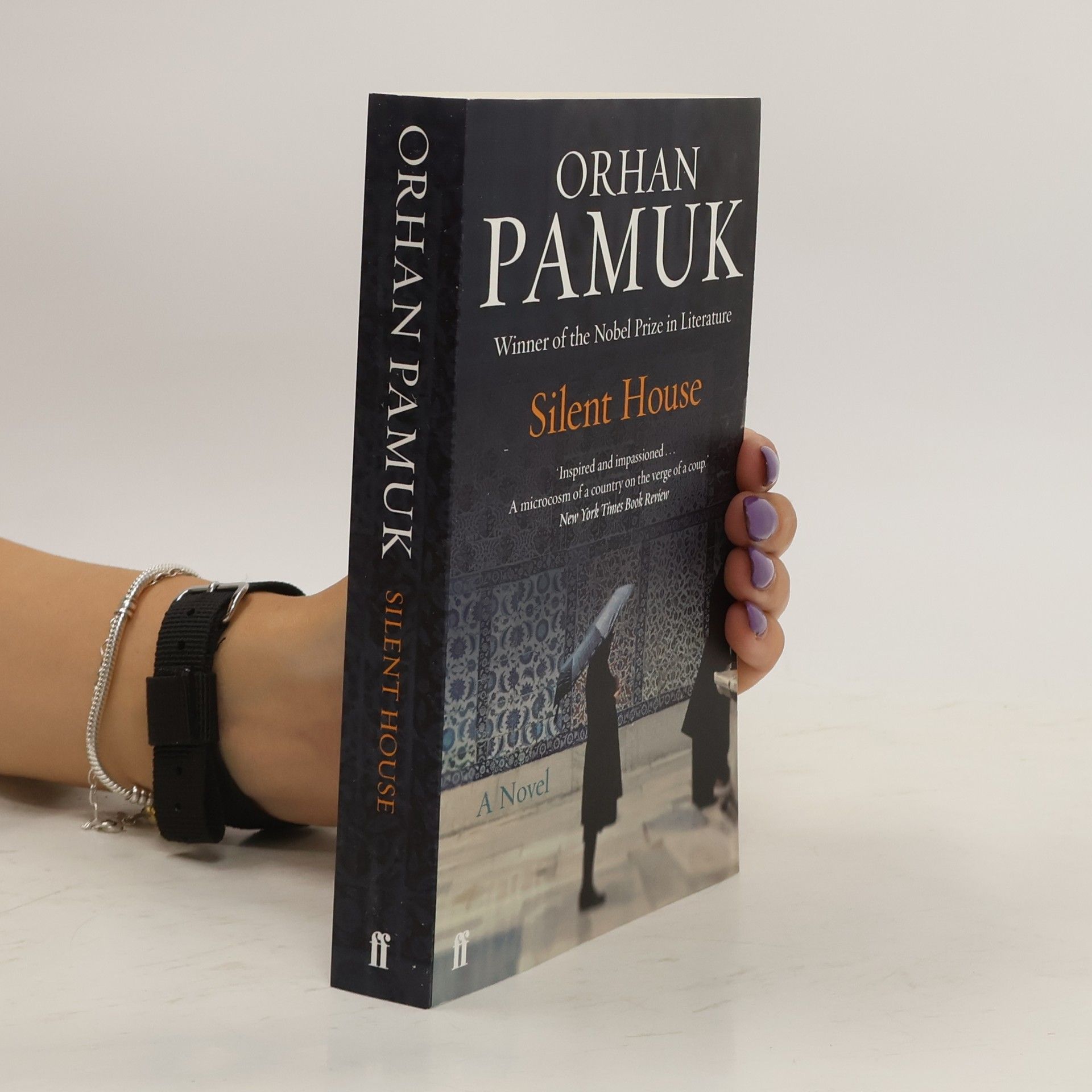
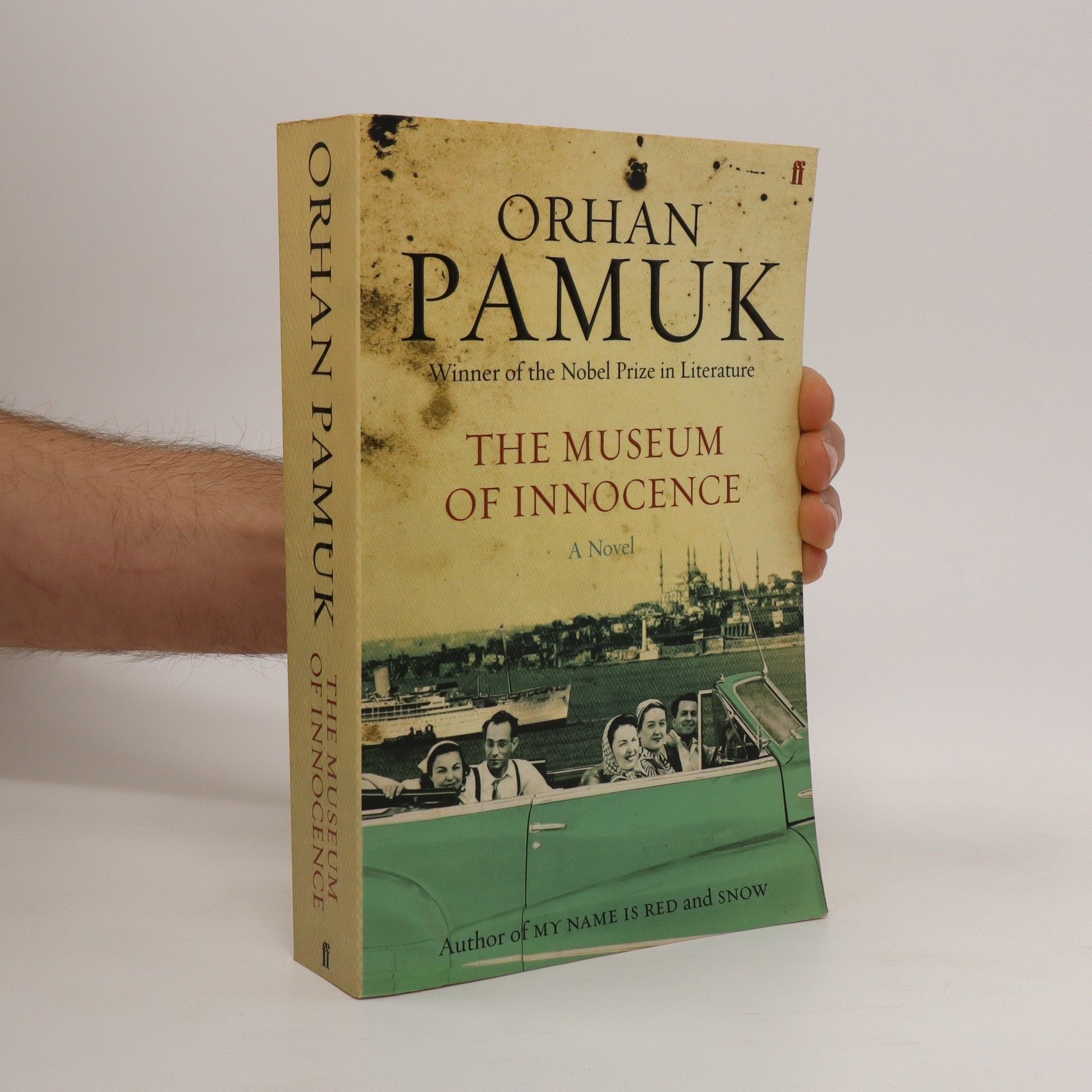

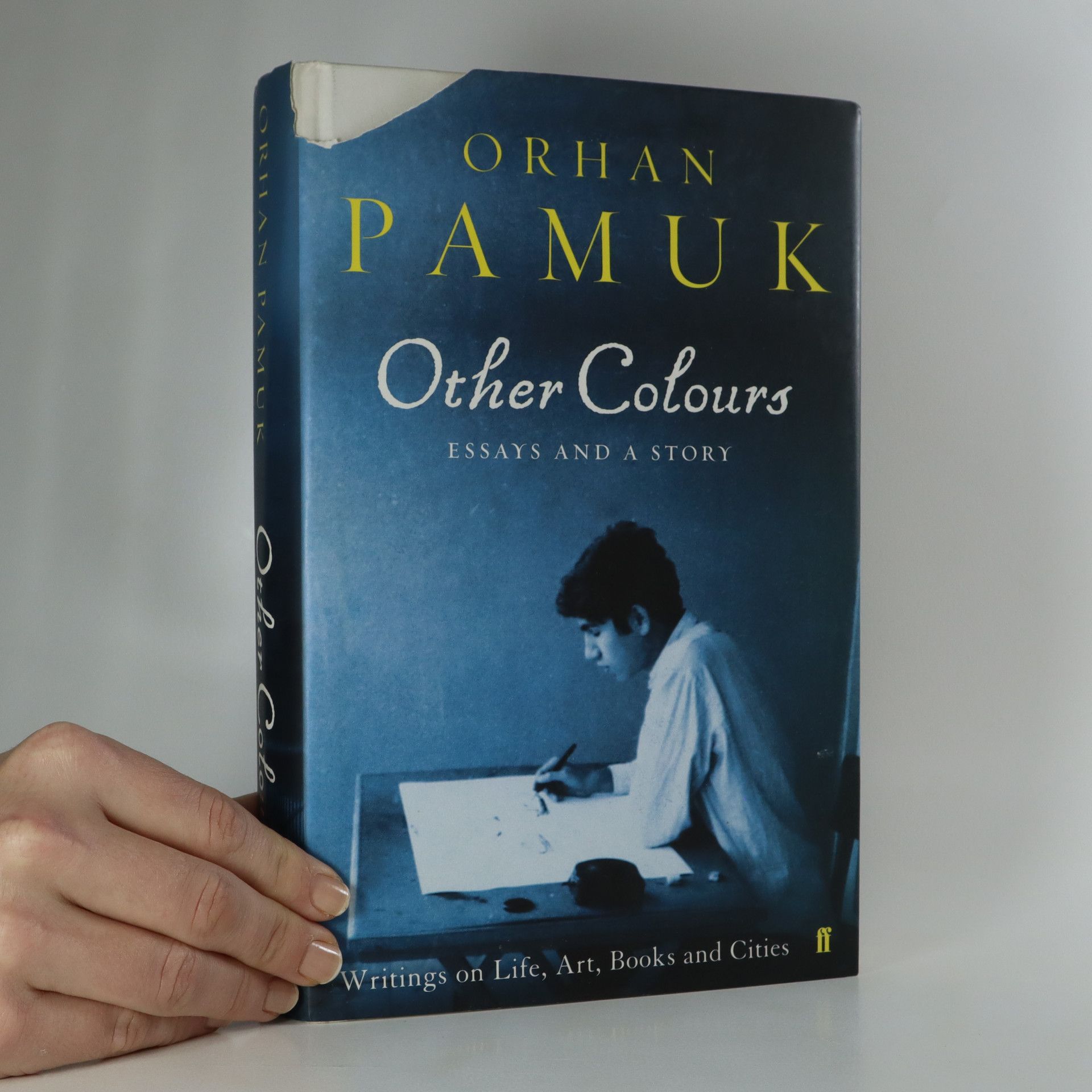

Epicka opowieść o Stambule i jego mieszkańcach, ich miłościach, troskach i marzeniach. Uczta dla miłośników dobrej literatury. Mevlut Karataş, uliczny handlarz, wędruje po zaniedbanych ulicach Stambułu, a jego głośne zawołanie „Buzaaaa!” jest rzadkością. Dzień spędza na dorywczych pracach, a nocą niesie dzbany tradycyjnego tureckiego napoju. Buza, dziedzictwo przodków, przypomina o dawnych czasach, a Mevlut nie wyobraża sobie życia bez niej i Stambułu, który zna jak własną kieszeń. Długie wędrówki sprawiają mu radość, ale nie zapewniają bytu rodzinie, którą kocha ponad wszystko. Ma dwie córeczki i żonę Rayihę, którą poślubił przez pomyłkę. Historia rodziny przybyłej z biednej wsi do Stambułu jest jednocześnie kroniką życia w mieście nad Bosforem w latach 1969–2012. Obserwujemy Stambuł na przestrzeni kilku dziesięcioleci, świadków przemian, puczy, zamachów, korupcji, obyczajowych zmian oraz marzeń mieszkańców. Widzimy, jak z dawnych gecekondu wyrastają wieżowce, a stare kamienice ustępują miejsca szerokim alejom. Miasto umiera i odradza się, a jego mieszkańcy wypełniają je swoimi opowieściami o miłościach, rodzinach, przyjaźni, nienawiści i marzeniach o lepszym życiu.
Der Trost der Dinge
Münchner Ausgabe
Erinnerungen an ferne Berge
Skizzenbuch
„Vielleicht bin ich zugleich Maler und Schriftsteller.“ – Einblicke in die Gedanken des Nobelpreisträgers Orhan Pamuk Worte und Bilder von Orhan Pamuk. Ein einzigartiges Tagebuch vom Nobelpreisträger, der einst davon träumte, ein Maler zu werden. Seit mehr als zehn Jahren schreibt und zeichnet er täglich in seine Notizbücher: ob es Landschaften mit fernen Bergen oder die Ereignisse des Tages sind, ob er seine Gedanken zur heiklen politischen Lage in der Türkei notiert oder sich mit den bunten Figuren seiner Romane unterhält. Aus Venedig und Bombay, auf einem Boot auf dem Bosporus oder auf dem Hudson River. Es entsteht so ein Werk aus poetischen sowie persönlichen Texten und Bildern, wie man es bislang noch nicht gesehen hat.
"Орхан Памук - известный турецкий писатель, обладатель многочисленных национальных и международных премий, в числе которых Нобелевская премия по литературе за «поиск души своего меланхолического города». В самом деле, действие почти всех романов писателя происходит в Стамбуле, городе загадочном и прекрасном, пережившим высочайший расцвет и печальные сумерки упадка. Однако, если в других произведениях город искусно прячется позади событий, представая в качестве подходящей декорации, то в своей книге «Стамбул. Город воспоминаний» Памук отводит ему роль главного героя. Рассказывая о своем детстве и юности, писатель раскрывает перед нами Стамбул, как тайну, которую стоит узнать и полюбить." --
Cevdet Bey ve Ogullari
- 644 pages
- 23 hours of reading
A new novel by a Nobel Prize-winning author blends detective elements with a historical epic, set against the backdrop of a fictional island in the Ottoman Empire during April 1900. On Mingeria, located in the eastern Mediterranean, tensions run high between the Muslim and Orthodox Greek populations. The arrival of a plague—possibly brought by returning Muslim pilgrims or merchant ships—ignites chaos. To combat the outbreak, Sultan Abdul Hamid II dispatches his top quarantine expert, an Orthodox Christian. However, resistance from some Muslims, including followers of a prominent religious leader, undermines the quarantine efforts, leading to the expert's murder. As the plague spreads, the sultan sends a second doctor, this time a Muslim, and enforces strict measures. Yet, local governance failures and public defiance result in the quarantine's collapse, causing the death toll to rise. With the threat of the plague reaching Istanbul, the sultan succumbs to international pressure, allowing a blockade of the island. Left to fend for themselves, the people of Mingeria must confront the epidemic. This gripping tale, rich in historical detail and suspense, resonates with contemporary themes despite its setting over a century ago.
Orhan Pamuk: Orange
- 184 pages
- 7 hours of reading
The streetscapes of Istanbul as photographed by Nobel prize-winning novelist Orhan Pamuk in an exquisitely printed clothbound edition The dominant color in Orhan Pamuk's new book of photographs is orange. When the Nobel-Prize-winning novelist is finished with the day's writing, he takes his camera and wanders through Istanbul's various neighborhoods, visiting the backstreets of his town, areas without tourists, spaces that seem neglected and forgotten, spaces with a particular light. This is the orange light of Istanbul's windows and streetlamps that Pamuk knows so well from his childhood--from the Istanbul of 50 years ago, as he mentions in his introduction. But Pamuk also observes that the homely, cosy orange light is slowly being replaced by a new, bright and icy white light from new lightbulbs. His photographs from the backstreets of Istanbul record and preserve the cosy effect of this old, disappearing orange light, as well as the recognition of this new white vision. Whether reflected in well-trodden snow, concentrated as a glaring ball atop a lamppost or subtly present as a diffuse haze, orange literally and aesthetically gives shape to Pamuk's pictures, which reveal to us the unseen corners of his home city.
Дом тишины
- 352 pages
- 13 hours of reading
Действие почти всех романов Орхана Памука происходит в Стамбуле, городе загадочном и прекрасном, пережившим высочайший расцвет и печальные сумерки упадка. Подобная двойственность часто находит свое отражение в характерах и судьбах героев, неспособных избавиться от прошлого, которое продолжает оказывать решающее влияние на их мысли и поступки. Таковы герои второго романа Памука «Дом тишины», одного из самых трогательных и печальных произведений автора, по мастерству и эмоциональной силе напоминающего «Сто лет одиночества» Маркеса и «Дети Полуночи» Рушди. Перед читателем неспешно разворачивается история одной стамбульской семьи, рассказанная от лица различных ее представителей, каждый из которых заключен в свой собственный дом тишины, наполненный невысказанными мечтами и тревожными размышлениями о прошлом. Переводчик: Аполлинария Аврутина
Jiné barvy
- 536 pages
- 19 hours of reading
Výběr z esejí, které Pamuk napsal v průběhu necelých třiceti let, má jako ústřední témata dvě autorovy největší vášně: knihy a Istanbul. Sbírka je koláží jazykově i stylově vybroušených textů, které sahají od autorových vzpomínek na dětství přes pronikavé vhledy do těch nejbizarnějších koutů města na Bosporu až po kritické úvahy o světových literátech i vlastním psaní a zahrnuje i delší povídku. Z této různorodé mozaiky se skládá překvapivě ucelený, téměř románový svět spisovatele rozkročeného mezi Západem a Východem, který i z nenápadných každodenností dokáže vytvořit nesmírně poutavý příběh. (Argo)
